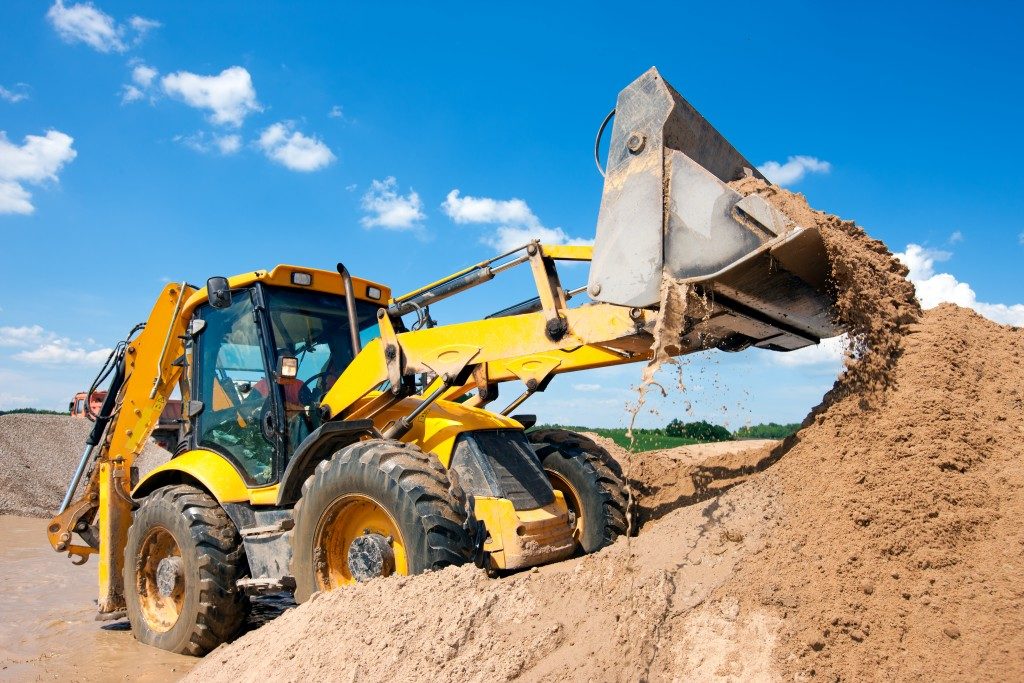Jobs are available. The pay is good. There’s an opportunity to rise the ladder. These are just some of the reasons why it’s good to pursue a career in the construction industry. The construction industry registered a staggering $2 trillion in revenue in 2019. Job opportunities are on the rise, with more than 9.2 million workers employed in the sector. The industry will continue to trend upwards and is expected to maintain a 3.3% annual growth rate.
It’s an excellent time to pursue a career in construction. You can work as an operator of bulldozers, backhoe, or wheel tractors. There are also opportunities as a mechanic or a repair specialist for suppliers of hydraulic hammers or excavator attachments. If you’re looking to start a career in the construction industry as a heavy equipment operator, the following discussion provides insights on how to become one.
Job Overview
A property will be developed into a combined residential and commercial complex. Heavy equipment operators are likely to be the first on-site to work on the project. You will be responsible for driving, maneuvering, and controlling heavy machines from bulldozers to grazers and excavators to backhoes.
The Bureau of Labor and Statistics expects a 10% growth rate for the job, which is faster than the national average for all jobs in America. Heavy equipment operators are expected to earn roughly $47,000.
Becoming a Heavy Equipment Operator

Are you worried that it’s only a high school diploma that’s under your belt? No worries, because that is good enough for you to start your career in construction. The knowledge and skills you need, you will acquire while on the job.
- Working conditions. Expect to get dirty. You will work in all kinds of weather, and the working environment is dusty and muddy. Your work hours will also depend on the project and other construction workers’ schedules. If you’re constructing roads, you will likely be working at night.
- Responsibilities. It’s not only about driving or maneuvering the heavy equipment. You will also be responsible for doing the repairs, managing the settings of the machine, and adhering to safety protocols.
- Education. If you want to be truly prepared, you can go on an apprenticeship program or apply at a college or technical school. You might spend three to four years as an apprentice, which combines classroom learning and practical experience. Select the technical schools properly if their reputation is good based on the employment records of their graduates.
- Skills requirement. If you have acrophobia, then this job is not for you. You will be working several meters above the ground. Your hand-eye coordination must be impeccable, and you must have good control of your grip. As mentioned, you will also need to have the skills of a mechanic. Other workers will be dependent on the completion of your work. Your work ethic must, therefore, be reliable.
Job opportunities are not found solely in the construction industry. Heavy equipment operators can find work in the transportation sector or even work in government. If your goal is to move up the ladder, for example, as a foreman, you can pursue further certifications. Are you ready to take on this career path head-on?


